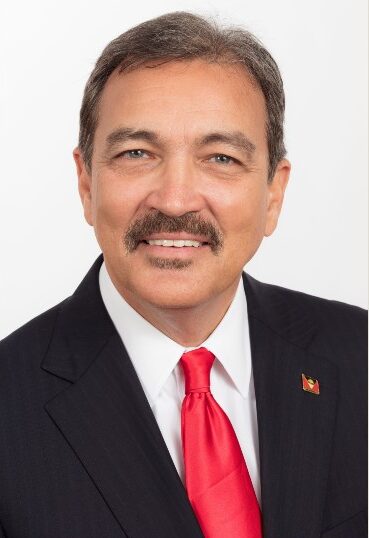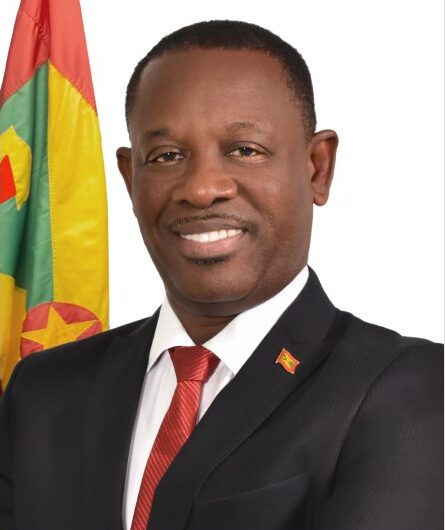Caribbean tourism ministers have given mixed reviews concerning the effects of airfare taxes on regional connectivity.
This follows a fiery statement by LIAT Air CEO Hafsah Abdulsalam who described Caribbean-based airlines as “revenue collectors for the government.” Both the statement and the ministers’ responses were delivered during panel discussions at SOTIC 2025.
While the ministers generally agreed that taxes pose a challenge to connectivity, some disagreed that they are the major contributor to high ticket costs.

Minister of Tourism for Antigua and Barbuda Charles Fernandez said, “We got to code share or co-share. So you can buy a ticket on LIAT and if you miss it, you can take the other airline without a problem by working together. Yes, I agree [that] the taxes [are an issue]. I think it should be harmonised right through the region. But I do believe that our regional carriers need to ‘co-pete’ rather than compete.”

These sentiments were shared by Grenada’s Minister of Tourism Adrian A Thomas noting: “I must admit that as a politician, I have been advocating in the past before I got into office that the price of fare and airline tickets is just too high. It’s not encouraging, it really sets you off… I think really as politicians we need to really look at the prices of tickets and as [Minister Fernandez] said we must harmonise it and make it across the board.”

Tashia Burris, Secretary of Tourism from Tobago, noted that the taxation often poses a serious burden on regional airlines, who cannot compete with larger carriers.
“If we call ourselves one Caribbean, and we have a number of carriers in the region, whether it be an InterCaribbean and LIAT, whether it be a Caribbean Airlines or Sunrise or WinAir, whomever it is, I believe the Caribbean governments should take the stance that we are going to support our regional carriers. It is not fair that a carrier from Turks and Caicos is paying the same landing taxes as a carrier from the United States, or a carrier from the UK. That is not an economy of scale that our regional carriers can compete against. So when we talk about trying to level the playing field, levelling the playing field begins with us supporting our own.”

However, other regional leaders see the issues with regional connectivity differently. For example, Anthony Mahler, Minister for Tourism from Belize, argues that pricing strategies from airlines play a bigger role in the high costs of tickets than taxation.
“I look at it from a different perspective. I don’t look at it from taxes, because the airlines will always get theirs,” he argued. “I’ve seen prices from Belize to Miami… for $1 600. That has nothing to do with taxes. And when we speak to them and they speak about yield, the yield is there from the destination. So they look at that as part of their pricing strategy and they won’t budge from that because instead of putting on a second or third flight, they’ll keep the price jacked up. They’ll keep costs down. So, yes, taxes are an issue from a certain angle, but I don’t think it drives that as much in terms of overall pricing. If you look, most countries give, especially new carriers coming into our destination, a lot of incentives.”

Further, Zhavargo Jolly, Minister for Tourism from Turks and Caicos, believes that availability, or lack thereof, plays a larger role for airlines than taxation.
“The reality is that we roll out the red carpet for a lot of these international airlines in the form of MRGs [Minimum Revenue Guarantees]…, but do we show that kind of support for regional carriers? When we talk about taxes, that’s only one aspect. Availability is, in my opinion, the most significant.”
Regional connectivity continues to be a vexing issue; however, the clear path forward remains up for discussion by the game changers in the sector.




